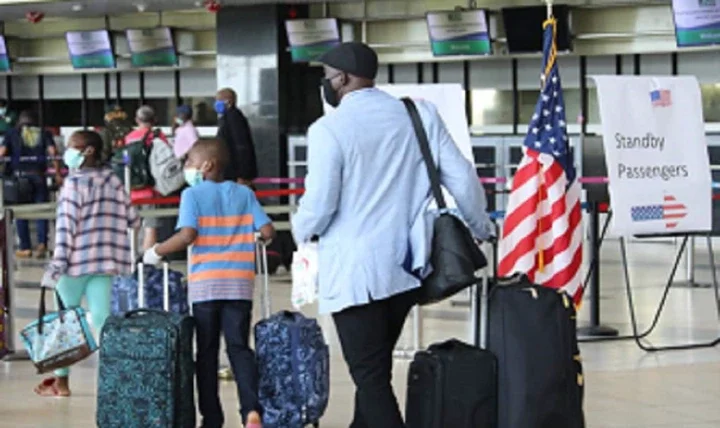
Increasing numbers of Nigerians are expressing skepticism about traveling from their states of residence to other parts of the country for business and other engagements due to the exorbitant transport fares faced during road trips. The surge in interstate transport fares began in early June after the fuel subsidy was removed, leading to a sharp increase in petrol pump prices from N195/litre to as high as N617/litre.
A visit to popular interstate transport terminals revealed that travelers, who used to pay between N11,500 and N12,500 per trip during the off-season, are now facing fares ranging from N26,000 to N33,500 for a one-week journey from one state to another. This represents an alarming over 100 percent increase.
The official online portal of the GUO Transport Company showed that travelers are now expected to pay as much as N33,500 for a seat on a Sienna car and N26,000 for a Hiace bus for a trip from Lagos to Owerri. Similarly, a bus ticket from Lagos to Abuja costs as much as N33,000, while Lagos to Port Harcourt costs N27,000. Other mobility companies like God is Good Motors are also charging high fares, with trips like Aba-Lagos priced at N26,000, Uyo-Lagos at N28,300, Asaba-Lagos at N25,000, and Edo-Lagos at N21,300.
The steep cost of road travel over the past two months has made embarking on a road trip prohibitively expensive for many. Olufunmi Ubog, a 42-year-old mother of four, shared her concerns about the upcoming burial of her mother-in-law in Akwa State in September. With the current economic challenges and soaring prices of goods and services, planning and financing the burial have become extremely difficult. Transporting her family of six from Lagos to Akwa Ibom State alone would cost at least N350,000 or more.
This sentiment is echoed by others, including Mike Ugwu, a Lagos-based businessman. He recently traveled to Enugu and found that transportation within the country has become a luxury, with many struggling to afford the fares for longer journeys.
As transport costs reach unprecedented levels, Nigerians are voicing their frustration and worry about the impact on their livelihoods. The rising cost of living is becoming increasingly burdensome for the average citizen and their families, leading to uncertainty and concerns about the future.



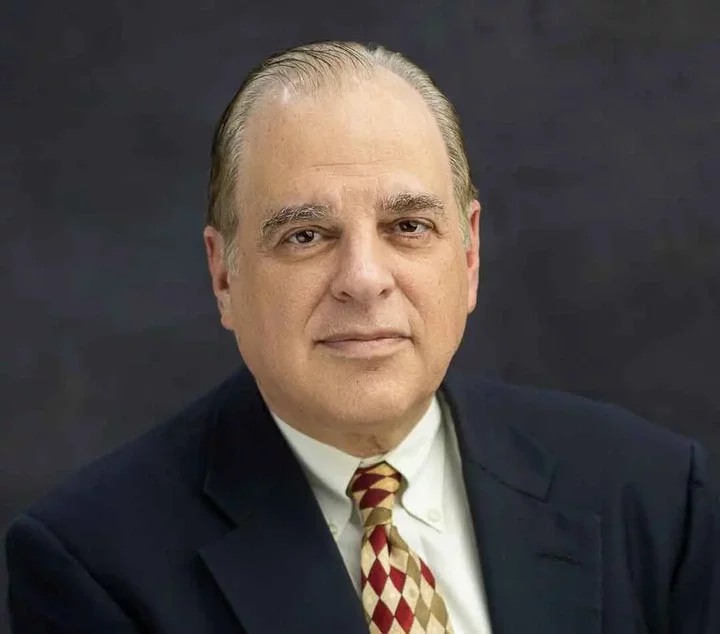
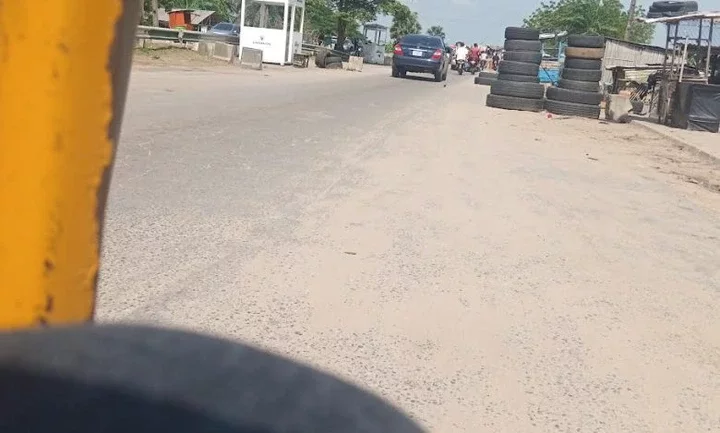
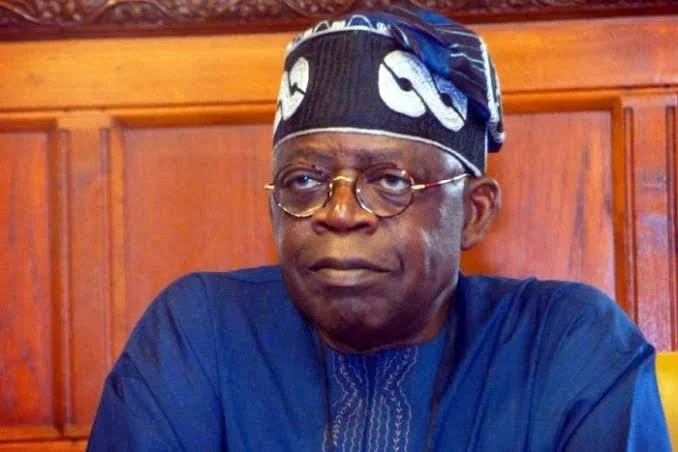







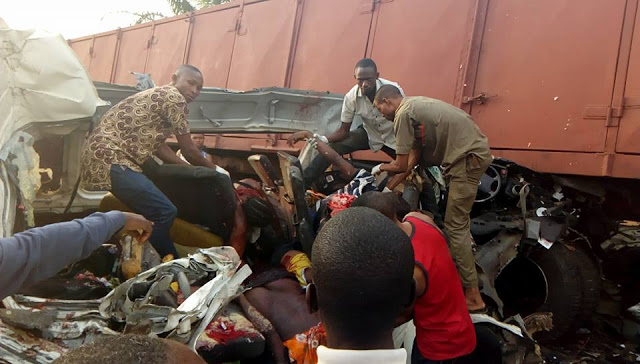


Comments